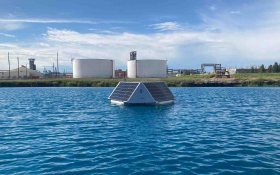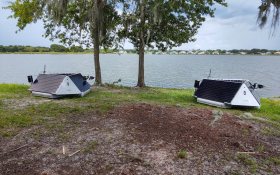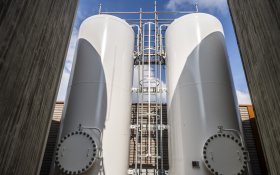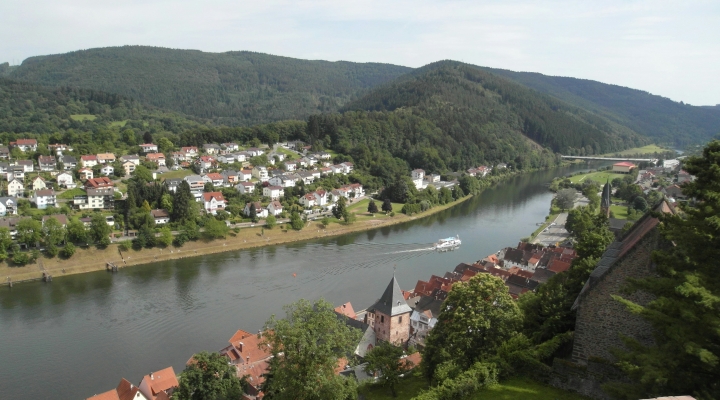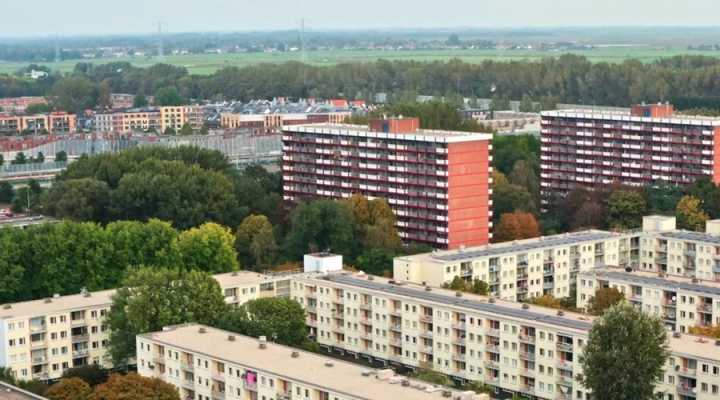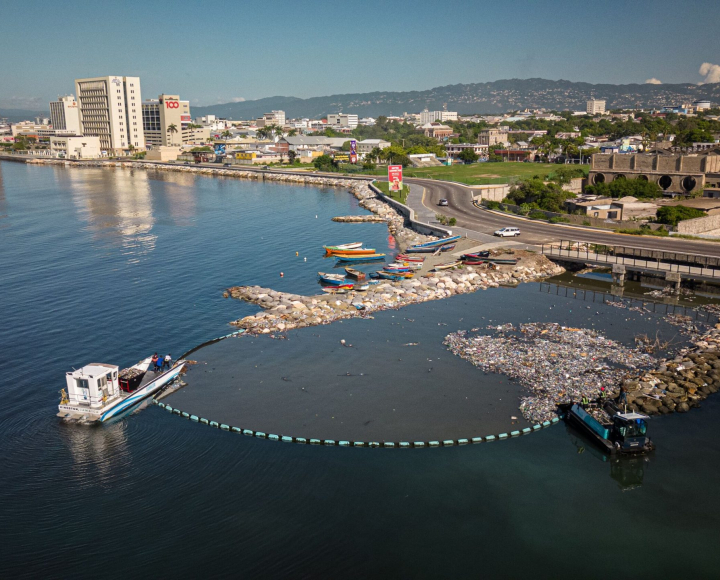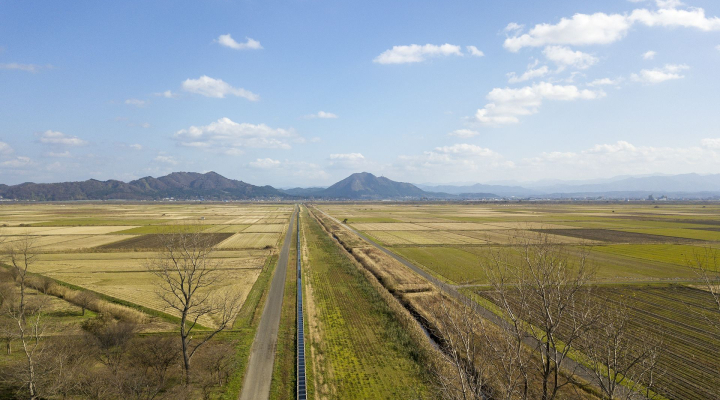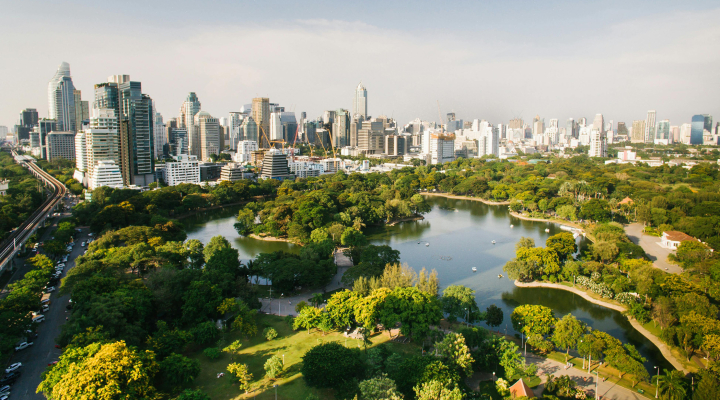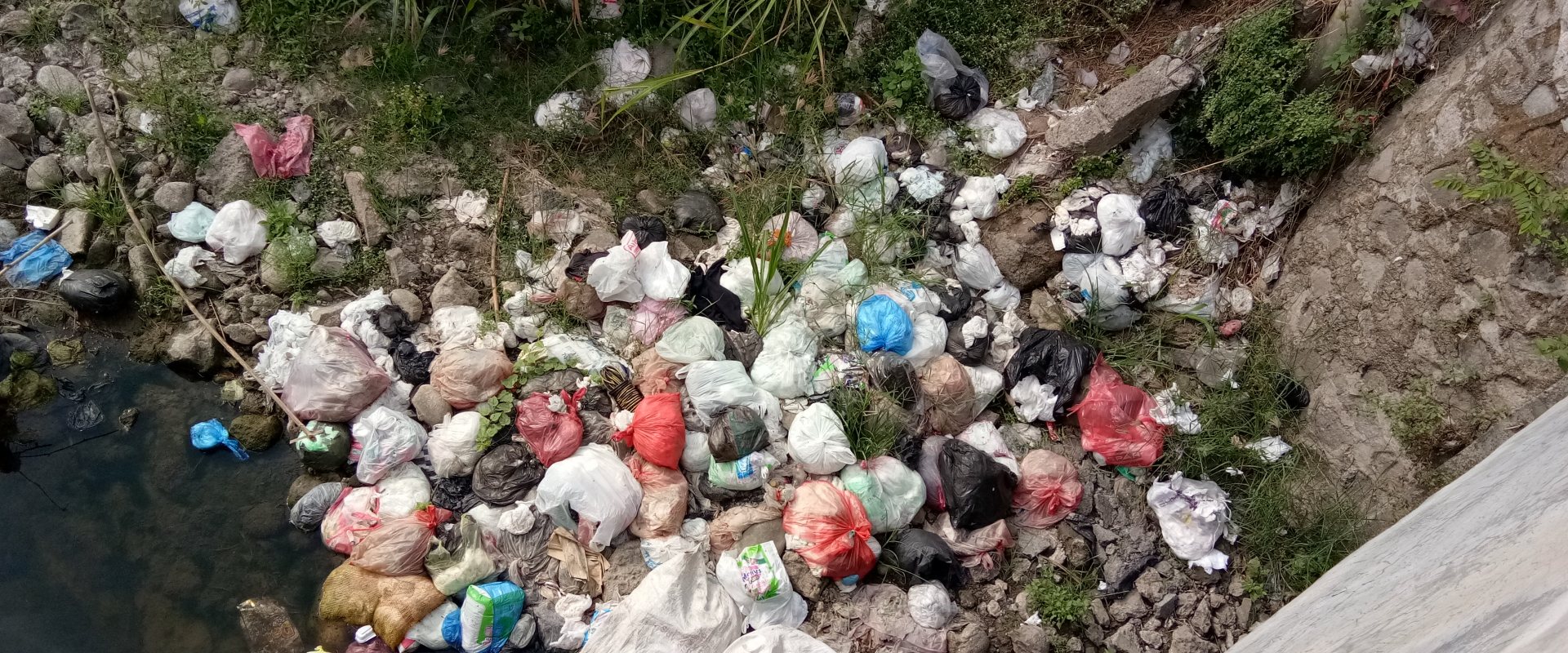
Water quality management in Brantas river basin, Indonesia
Together with five partners, Delft University of Technology received 3 million euro funding from the Dutch government for the activities of a private-public partnership to improve water quality governance in the Brantas river basin, Indonesia.
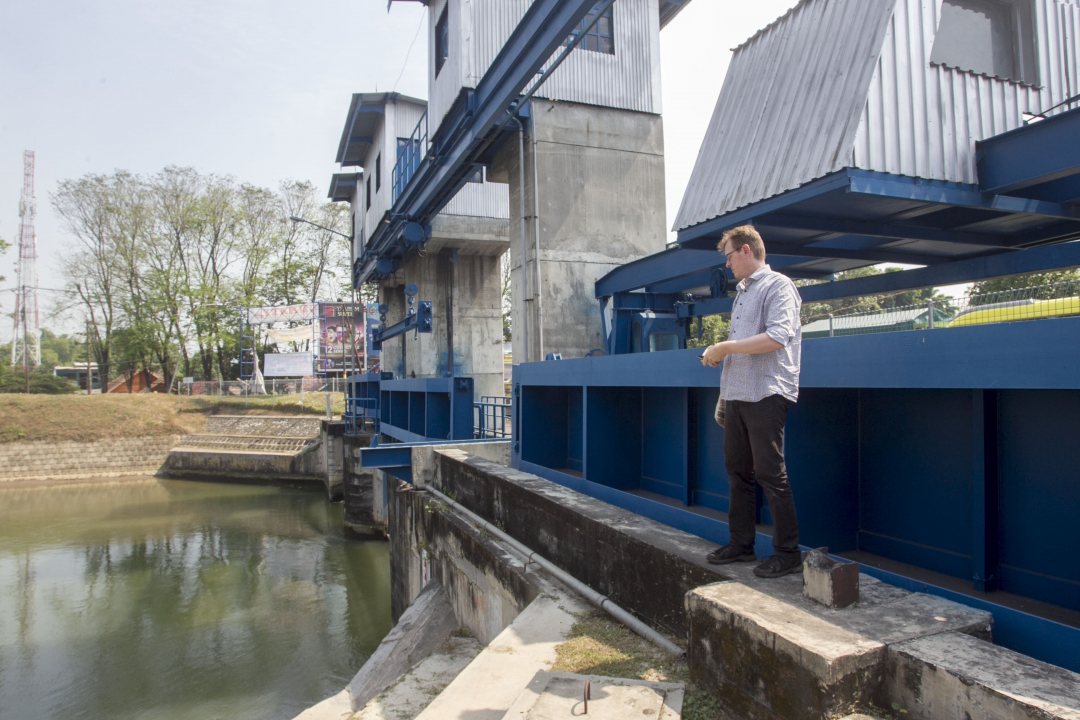

Research is needed
Over the past 20 years, water quality in Indonesia, and in the Brantas river, has deteriorated due to an increase of water pollution. Research and analysis is needed to identify pollution sources and assess contamination in Indonesian water resources.
Water quality management is not yet sufficiently integrated in river basin management in Indonesia, which mainly focuses on water quantity.
Socio-economic inequalities
Water quality deterioration continues to increase socio-economic inequality, as the poorest communities tend to live along the river. The uneven water quality related disease burden in the Brantas River Basin widens the socio-economic gap between societal groups.
In the Brantas region, cooperation and intention between stakeholders to tackle these issues is growing, but it is still fragile. Overlapping institutional mandates, the unclear status of water quality monitoring networks, and still relatively limited commitment of industries to treat their waste water streams are all challenges the project takes on.
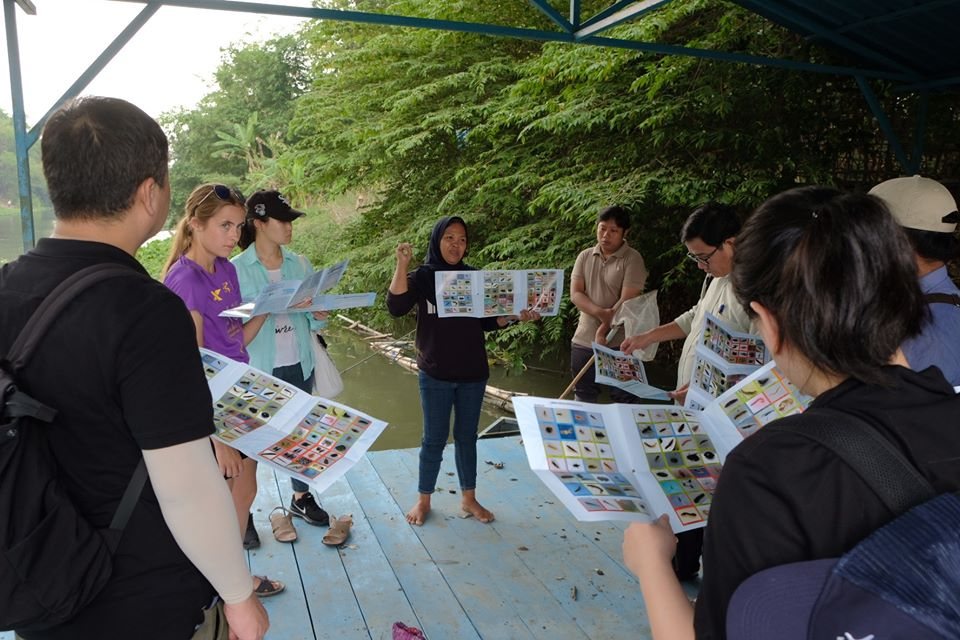

Supporting change
Four Indonesian and two Dutch organisations have teamed up to stimulate negotiation platforms in order to deal with institutional challenges, to increase water quality monitoring capacity, and to build an enabling environment facilitating sustainable industrial change and to support community concerns and civil society initiatives.
The project builds on integrated water quality monitoring and modelling within a framework of social learning. The partnership can build links with civil society groups, including women, farmer and fisher unions.
At the same time, it keeps close links to local, regional and national Indonesian government institutions to clean the Brantas river and secure income and health for East Java’s population, in particular the most vulnerable groups.
The private-public partnership has been formed last year, with Indonesian partners being BBWS Brantas (river basin authority), Ecoton (ngo), Perum Jasa Tirta 1 (water supply company) and PT WNL (environmental laboratory). Tauw (consultancy) is an additional Dutch participant, next to Delft University of Technology (leading partner). The project receives funding from the Sustainable Water Fund, a Public-Private Partnership facility of the Dutch Government that aims to contribute to water safety and water security.




